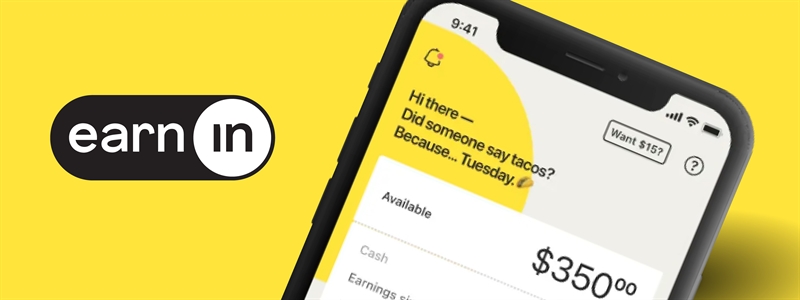
Amanda Peterson
February 14, 2025
• 3 Minute Read
Read On
Is the EarnIn App legit? The short answer is Yes. EarnIn allows you to access up to $150 per day, with a maximum of $750 between paydays - based upon your income. With EarnIn’s Lightning Speed feature, you can get money deposited into your bank account in minutes for a small fee. It also tracks your work hours to calculate how much money you’re eligible to withdraw. See EarnIn.com for more details.